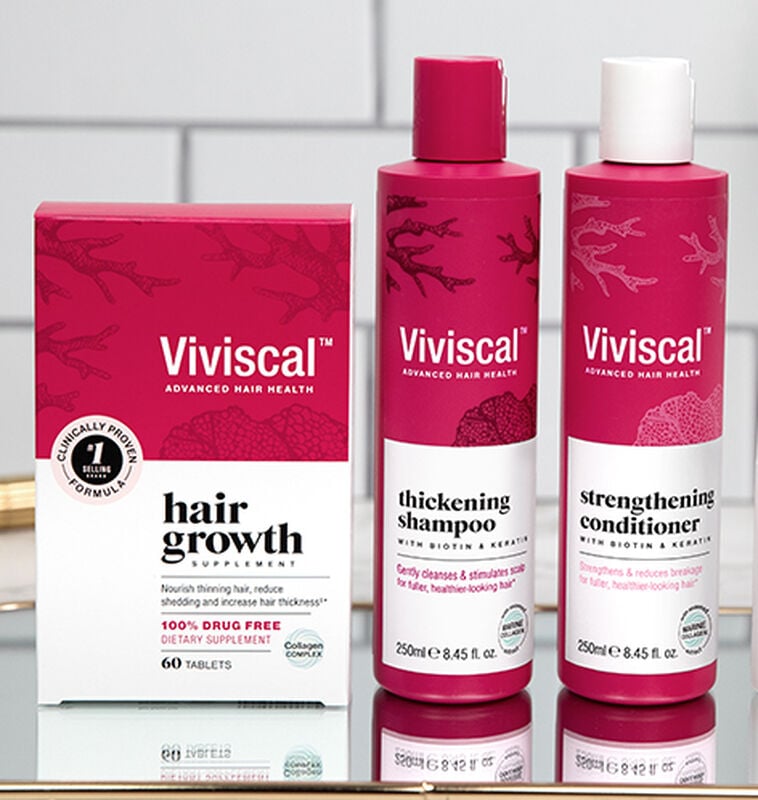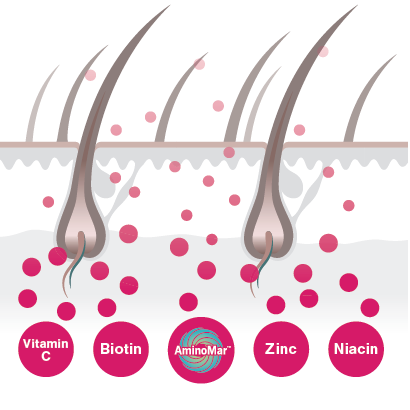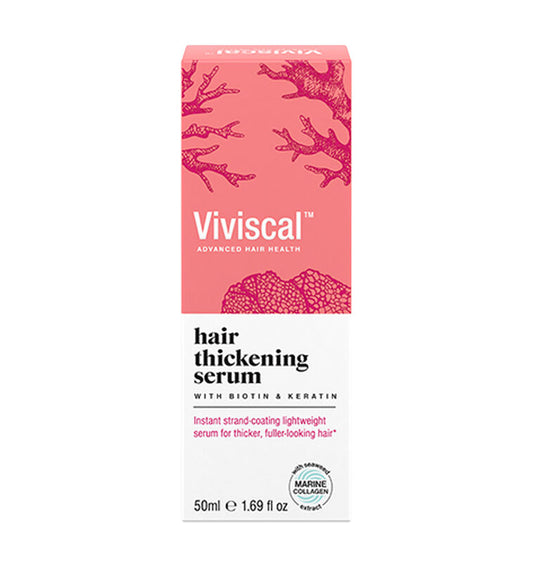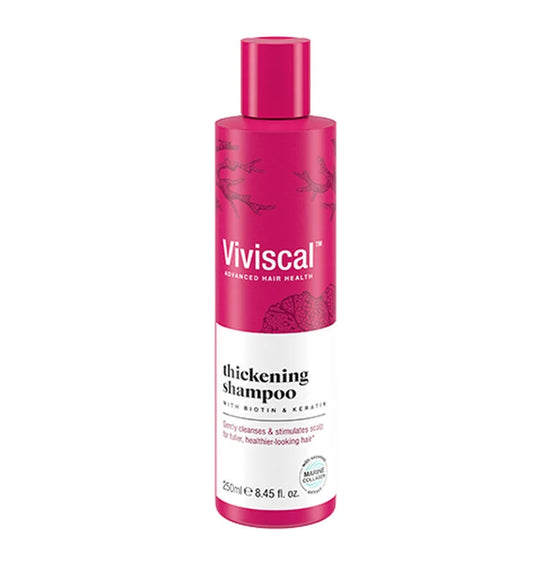Have you experienced that dreaded feeling when you look in the mirror and start to think that your hair line is a bit further back than you remember? Questions race through your brain – what does it mean? Are you starting the process of going bald?
Many questions may be running through your mind, but there’s a lot that can happen between noticing hair shedding and going bald. Some hair shedding is a normal part of life, so let’s fill you in on male hair loss so you are empowered with the information you need to understand what is going on with your hair.
What Causes Men’s Hair Loss?
Ever heard that you should think about whether your maternal grandfather had hair when he was older to determine whether you are going to go bald? While there is truth to your genes playing a role in how much hair you have on your head, it’s not a direct line from your maternal grandfather.
Genes on both sides of your family play a role into when you may or may not start losing your hair, as well as other factors. Let’s learn more about hair and hair loss, so you can understand how to think it through.
It can be helpful to understand the regular hair growth cycle to see how hair shedding takes place. As you will see, some hair shedding is a normal part of the hair growth cycle. This is why losing 50-100 hairs a day is typical.
What’s the Hair Growth Cycle?
The hair growth cycle is a continuous process that our hair goes through. There are four stages of this hair growth cycle, and every hair is in one of these stages at any specific moment in time:

- Growth phase (Anagen) – this is the longest phase of the hair cycle, lasting several years. In this phase, the hair keeps growing from the follicle. On average, at least 90% of the hairs on your head are in this growth phase.
- Regression phase (Catagen) – in this phase, the hair follicle starts to slow down growth and stops getting nourishment from the bloodstream. This phase can last a few weeks. About 1% of your hairs are in this phase at any given time.
- Resting phase (Telogen) – growth of the follicle has stopped in this phase. This phase can last from three months to a year and about 9% of your hairs are in this phase on average.
- Shedding phase (Exogen) – this stage is when the hair falls out and the next cycle begins.
A healthy hair growth cycle means that your hairs follow this pattern and maintain the regular timing of each cycle. Our hairs are not in sync and not all at the same point of the hair cycle, which is why we always have hair on our head. At any point, some hairs on your head are in the Shedding phase (Exogen); therefore, we shed a few hairs every day. It’s all part of the normal hair growth cycle.
What Is Normal Hair Shedding?
Normal hair shedding is losing about 50-100 hairs every day. This allows the hair follicle to start over in the hair growth cycle and begin the growth (Anagen) phase. Before a hair even leaves your head, the stage is set for the next hair to grow in its place. Disruptions to this cycle can make the difference in whether or not your hair ends up with thinning issues.
Why Does Hair Thinning Start to Happen for Men?
There are several factors that are involved in hair thinning. Genetics plays a role, as well as aging, inflammation, oxidation, environmental factors, and stress.
In general, the way hair thinning transpires is that overtime, the hair follicle starts to become smaller, and the length of the growth phase becomes shorter. As the hair growth cycles continue, the growth phase becomes shorter and shorter over your lifetime. As the hair follicle becomes smaller, your hairs become finer and finer. Over time, the hairs become small and less visible.
Common Causes of Excessive Hair Shedding in Men:
Male Pattern Baldness
Officially called Androgenetic Alopecia, this type of hair loss typically follows a specific pattern. For men, Androgenetic Alopecia often begins with a receding hair line and development of a bald spot at the top of the crown of the head. Over time, the bald spot increases and the receding hair line goes further and further back. This happens until the bald spot and receding hairline join at the top of the head, causing the appearance of total baldness.
30% of white men may be affected by male pattern baldness by age 30. These percentages increase to 50% of men by age 50 and 80% of men by age 70. These percentages vary by race, as both those with Asian and African heritage often are less likely to develop this type of hair loss at the respective ages.
Many factors can impact the type of gradual hair loss and the timing of hair loss in men. Genetics plays an important role and predispose one to Androgenetic Alopecia. Other factors can play a role as well, such as exposures to pollution and UV light, smoking, nutrition, and aging.
Stress-Related Hair Loss
Called Telogen Effluvium, this condition is observed when a stressor, such as a major life stress or illness, pushes your hair follicles into the Resting phase (Telogen) of the hair growth cycle much earlier than normal. When Telogen is moved up in this way, subsequently a larger group of hair follicles also move into the Shedding phase (Exogen) earlier. In combination, these shifts will result in you shedding more hairs than expected around the same time.
Acute Telogen Effluvium will usually show up about 3 months after the major stress has happened. If the stressor has been resolved or removed, then the hair shedding will often also be resolved 3-6 months later, and hair regrowth will be observable.
If you have specific questions about your hair loss or if your hair loss is very sudden, check with your dermatologist or health care professional and they can best guide you on next steps.
Preventing and Treating Hair Loss in Men
How Can I Stop Hair Thinning?
While you may not be able to stop hair thinning, you may be able to slow it down. The sooner you take action when you notice increased hair shedding, the more likely you are going to be able to make a difference. Once you are already bald, it is much more difficult to bring the hair back.
The key thing to remember to be successful with limiting hair thinning is that you will have the best results if you act sooner rather than later.
Tips to Stop Excessive Hair Shedding
You are what you eat
As you know, what you eat can have a big impact on your health. Choosing foods that are rich in nutrients is important for the needs of your body and your hair follicles. Nutrient-rich foods include fruits and vegetables, beans, lentils, nuts, seeds and proteins like lean meats, poultry, fish, eggs and tofu.
Stress Begone
While stress can be helpful in emergencies, it’s not meant to be a constant state in our lives. Ongoing stress can have negative consequences on several systems in our body. For most people, just balancing the needs of work and family can be a lot in itself - while you can’t always remove stress like this, try some tips to help manage how you respond to it.
Protect Yourself
It’s a simple step - wear a hat! Especially if you are already shedding excess hair, keep your head covered while in the sun. You don’t need anything fancy - even a baseball hat can do a great job.
Gentle Does It
Avoid overwashing and keep your hair moisturized by using a conditioner every time you wash your hair. While hot water may feel nice, try to use lukewarm water when washing and conditioning your hair. Also, make sure that your hat is not too tight on your head, as that can also damage your scalp and hair.
Scalps Count Too
Your hair grows from the follicles in your scalp, so taking care of your scalp directly helps take care of your hair, too.

Supplements Can Help
Viviscal Hair Growth Supplement for Men is a tool to help nourish thinning hair and promote existing hair growth.* This supplement is a scientifically formulated solution for men suffering from fine or thinning hair to achieve thicker, fuller, and healthy-looking hair in 3-6 months.* Only Viviscal supplements include the AminoMar™ collagen complex, a proprietary marine protein complex that is based on clinical research over decades.
If you are worried about your hair loss, or there’s been a sudden change, you should always connect with your healthcare professional. If you have more questions about men’s hair shedding, we’ve got you covered!
Understanding the hair growth cycle and what’s behind men’s hair shedding lets you know what you can do to help. Viviscal Hair Growth Supplement for Men is a solution for those men suffering from fine or thinning hair to achieve thicker, fuller hair in 6 months.*
Brought to you by the Viviscal™ nutrition experts.
*These statements have not been evaluated by the Food and Drug Administration. This product is not intended to diagnose, treat, cure or prevent any disease.














